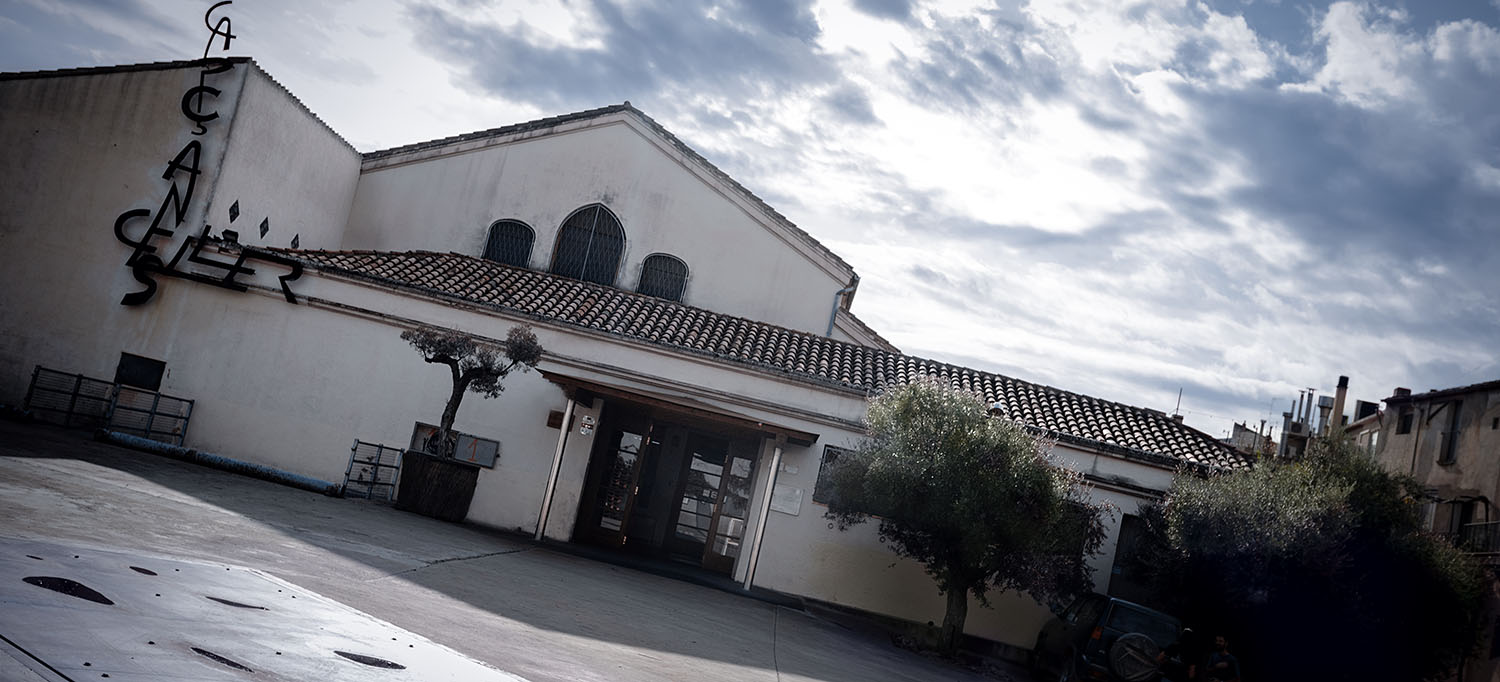

Celler de Capçanes: a village in every bottle
Celler de Capçanes, DO Montsant, is located in the village of Capçanes. It has two characteristics that differentiate it from other wineries: it makes kosher wines and it has a policy of social responsibility towards the territory and its people.
Almost 100 years ago, in 1933 to be precise, a group of families from the village, faced with the need to earn a decent living, decided to get together and set up the Capçanes cooperative. Joan Maria Sabaté, manager of the winery, proudly explains the birth of the cooperative. But he is even more enthusiastic about the paradigm shift they undertook. In the early days the cooperative sold the wine in bulk, but the members realised that it was the bottler who made the profit, so they decided to bottle it as well.
Even so, this did not prevent them from suffering some very tough years, with fierce competition. Until they found a way out. “In 1995 there was a turning point,” he says ” The winery took part in a fair in Paris. A representative of the Jewish community tasted our wines and said that, if that wine was a kosher wine, it would be a great wine.” And this is where a story was born that has linked them to Jewish culture and has led them to what they are today.
Kosher wines are a product suitable for consumption by the Jewish community, that is to say, that in its production process, once the grape enters the winery, it follows a series of rules and procedures following the Jewish tradition, as established in the Old Testament.
A “brave and risky” decision
Despite the fact that kosher wine represents 7% of the million bottles produced by the cooperative, the Capçanes winery believes that it is one of the elements that differentiates them from other wineries, “together with the quality of the product.” Sabaté describes the decision taken by the members at the time as “very brave and risky.” “When we came back from Paris, the first thing we did was to find out what kosher wines were. Then, we considered that making this type of wine was a great opportunity for the winery. We contacted the Jewish community, who visited the territory and found that the winery was suitable for making this wine,” he explains.
The first year they made 2,000 litres and came out with one of the best kosher wines in the world. This was a great opportunity for the cooperative, which considered becoming a winery suitable for making kosher wine. But this meant making a large investment. “The Jewish community in Catalonia said they could not invest. But the members of the cooperative didn’t give up and went to the banks for money, but they were told no. Even so, the people of Capçanes did not give up. Even so, the people of Capçanes did not back down and guaranteed all their assets for a loan.” Currently, not all of the winery is suitable for making kosher wine, but within the cooperative’s facilities there is a small winery dedicated to producing kosher wine.
Enabling generational renewal
Work in the countryside is hard and it is difficult to find a new generation once the farmer retires. The Capçanes winery has found a way to prevent the land of retiring members from being abandoned. Josep Maria Sabaté explains that the cooperative works to obtain three direct repercussions on the territory and its people: “Firstly, we maintain the brand; secondly, we carry out social responsibility work on the territory, as the land is not lost; and thirdly, we improve the quality of life of the member, because, once retired, he receives the corresponding pension, which he complements with the income he receives from the cooperative that has leased him the land.”
The cooperative, faced with the difficulty of finding generational replacement and the risk of losing production, decided to lease the land to retired members. These lands remain in the hands of the members, but are worked by the cooperative. “We have a team of workers,” explains Sabaté, “led by an agricultural engineer, who carry out the whole process of working the land of the retired member. The aim of the cooperative is not to make a profit, but to improve the quality of life of its members. We always keep in mind that the other objective is to obtain a high quality product, both in terms of 93% wine for the general public, and 7% kosher wine.”
The cooperative has 90 producer members. Its production, although it is not 100% organic, has more and more land that is treated with this system. It exports 50% of its wines to more than 25 countries. Sabaté defines the winery’s wines as “friendly wines, easy to drink.” “In each bottle you can find the expression of a people. DO Montsant is a young appellation that is making a name for itself in the market thanks to the quality of its wines,” he remarks.
The Capçanes winery has always had its doors open to anyone who wanted to visit. The pandemic has prevented them from organising visits, but once the health situation is back to normal, they intend to return to wine tourism, as they have done since the beginning.
11Onze is becoming a phenomenon as the first Fintech community in Catalonia. Now, it releases the first version of El Canut, the super app of 11Onze, for Android and Apple. El Canut, the first universal account can be opened in Catalan territory.
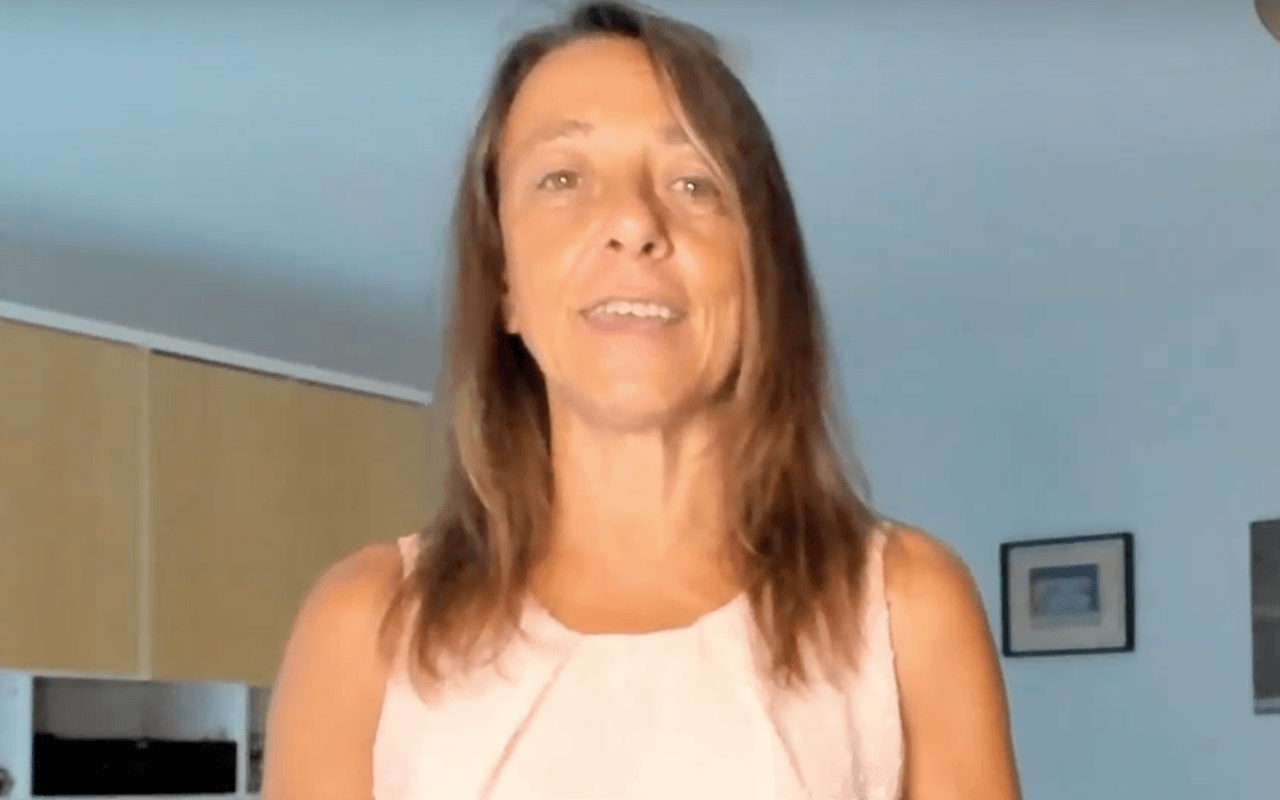
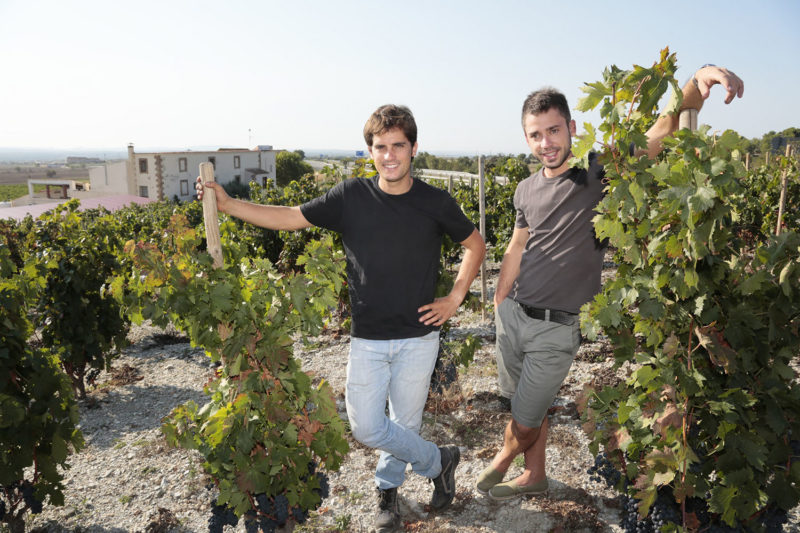
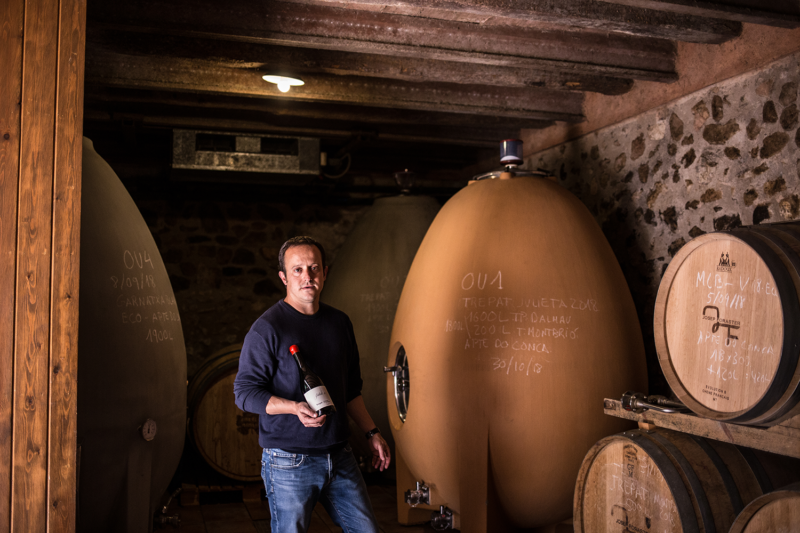
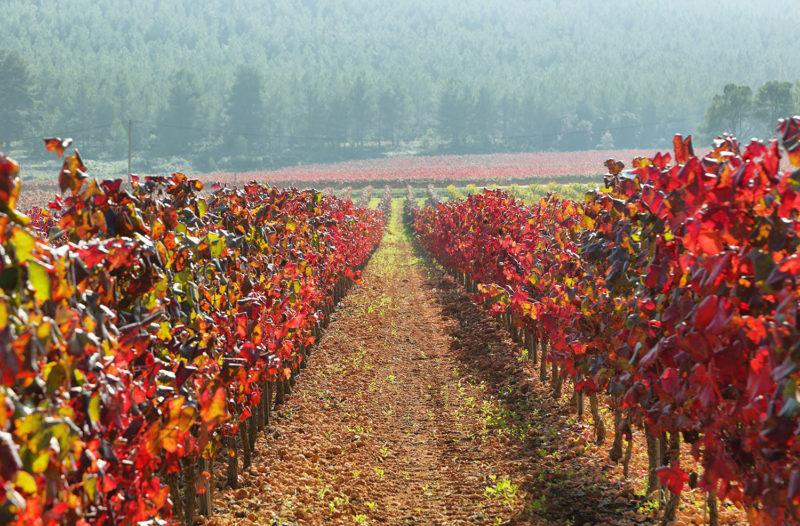


Conec aquest celler, és interessant visitar-lo.
Si, Pere; animem a tota la nostra comunitat a què el visiti. Gràcies per comentar.
M’ha agradat molt aquesta frase:
“L’objectiu de la cooperativa no és obtenir beneficis, sinó millorar la qualitat de vida dels seus socis”
Crec que aquesta filosofia, tot i no ser una cooperativa, impregna el tàndem La Plaça/Canut.
Doncs sí, molt encertat el que has dit, Francesc. Moltes gràcies pel teu comentari!
Molt be 👍
Moltes gràcies, Josep!!!
Gràcies pel vi kosher, Toda raba
Gràcies, Miquel!!!
Gràcies pel vi kosher, Toda
👍👍👍
Una historia de persones valentes amb força i generositat,van saber aprofitar l’oportunitat i a més han construit una comunitat lider en valors socials que sens dubte repercuteixen al sabor d’aquest vi M’encantat,gràcies
Això és l’esperit 11Onze!!! Moltes gràcies pel teu comentari, Alícia!!!
👌
Gràcies, Joan!!!
Quina història tan fantàstica! El vi kosher , la decisió de tot un poble d’avalar la iniciativa i la sortida que han trobat per no deixar perdre la terra i millorar la qualitat de vida dels socis. Es mereixen el premi a l’emprenedoria i la responsabilitat social.
Moltes gràcies pel teu comentari, Mercè!!!